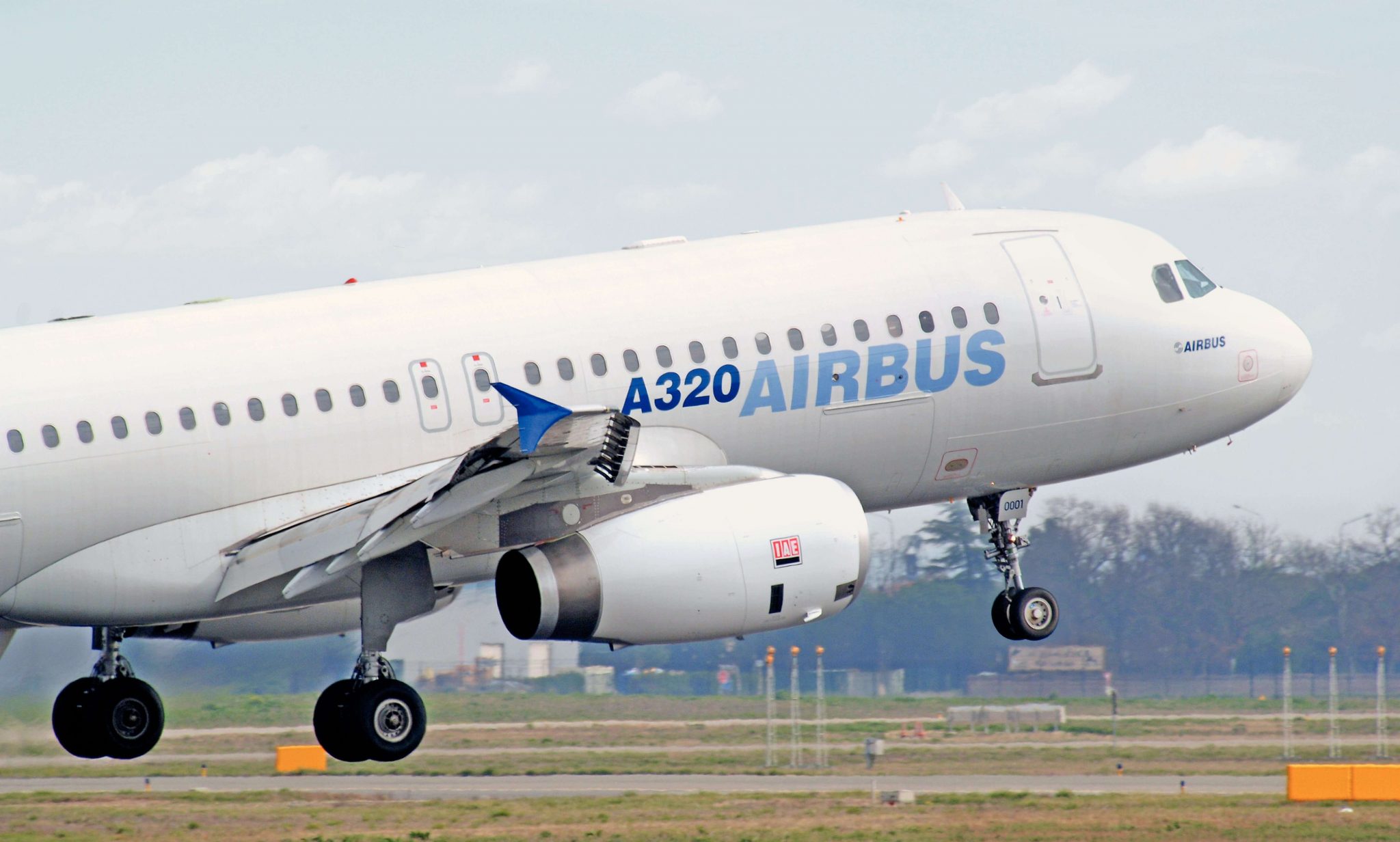Orolia and AFI KLM E&M have begun work to develop a Supplemental Type Certificate (STC) for the A320 family of aircraft to retrofit the GADSS-compliant Kannad ELT-DT as part of the European Commission's H2020 HELIOS project.
Both Orolia and AFI KLM E&M are part of the EC's industry-led Horizon 2020 Research and Innovation Program HELIOS project tasked to lead the development of next-generation search and rescue distress beacons that meet the upcoming implementation of ICAO Global Aeronautical Distress & Safety System (GADSS) recommendations.
The STC, expected to be available in 2019, will allow airlines to retrofit A320 family aircraft with the new Kannad ELT-DT, a global, autonomous tracking beacon that provides air traffic managers precise aircraft location information in distress flight situations. The GADSS-compliant system will provide detailed aircraft position information as soon as a distress situation is detected during flight, ensuring no aircraft is ever "lost".
"Following our introduction of the GADSS-compliant Kannad ELT-DT a few months ago, we continue to meet our milestones under the HELIOS project to develop technology that makes air travel even safer," said Christian Belleux, Aviation Product Line Director at Orolia. "We're very excited to be working with AFI KLM E&M on this important segment of the project that will bring aircraft already in operation up to technology standards of the GADSS recommendations and provide consistency across airline fleets."
The HELIOS-led STC project will address the process of retrofitting in-service aircraft, enabling operators to upgrade their ELT system on their current fleet. Under this part of the program, AFI KLM E&M is responsible for system integration of ELT-DT technology, developed by Orolia, HELIOS project lead.
"We're very pleased to be the first on the market able to integrate a GADSS compliant autonomous distress tracker as we continue to enhance the safety and confidence of the people who travel with the world's airlines," said Sami Smaoui, VP Aircraft Modification Air France Industries. "This STC will be extremely important in bringing this critical technology to a huge portion of the world's commercial fleet in that the A320 family is one of the most popular models in operation".
The GADSS requirement was adopted by ICAO early 2016 in response to several recent, highly publicized incidents where downed aircraft could not be located at all, or only after long and expensive search efforts. Its goals are to provide autonomous, global tracking of commercial flights, regardless of operating conditions, and to speed rescue operations should a flight require assistance. The GADSS regulation will be applicable to most new commercial aircraft delivered after January 1, 2021.

